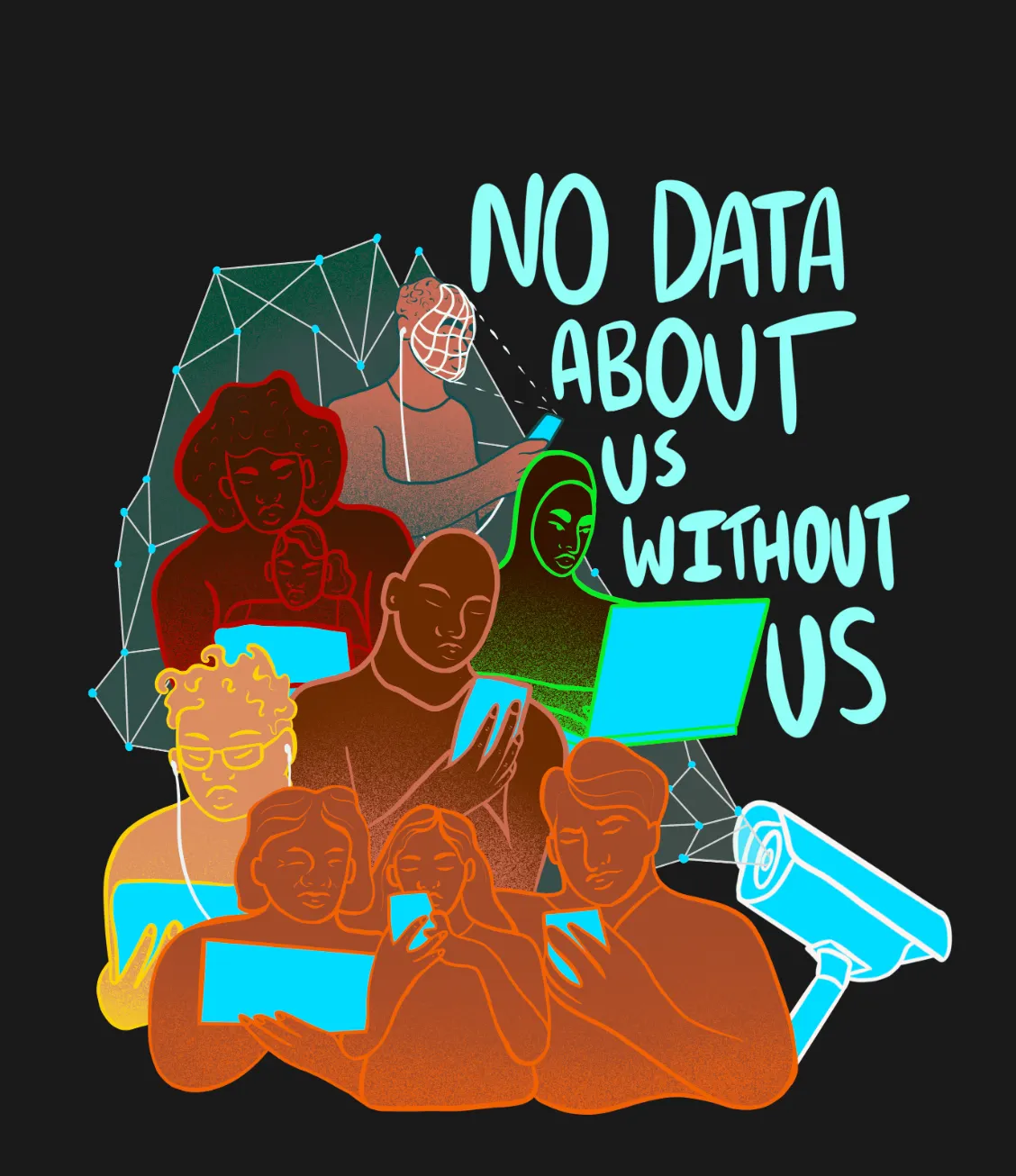Social Labs: “We are Recording You”
María Camila RoldánThe “social lab” is Mi Sangre Foundation’s methodology for creating an ecosystem of transformation that relies on collaboration and capacity as modes of interrogation.
.png)
Photo by Fundacion Mi Sangre.
Over the course of 5 weeks in March and April of 2022, I participated in a social lab called We Are Recording You, organized by the Edgelands Institute and Mi Sangre Foundation. In this blog, I will tell you about my role as a member of the Edgelands team in Medellín in the different activities that were held, along with my impressions, questions, and ideas that that surfaced over the course of the activities that Edgelands organized in Medellín during its 9 months in the city.
The “social lab” is Mi Sangre Foundation’s methodology for creating an ecosystem of transformation that relies on collaboration and capacity as modes of interrogation. In We Are Recording You, we met with different community stakeholders to discuss and critique themes of security and surveillance and reimagine Medellín’s social contracts (the social dynamics and power between citizens and authority) that function between Medellín’s government and citizens. These discussions brought public servants, business owners, representatives of the city’s public transit system, representatives of the cultural sector, and youth advocates together in conversation. When these conversations and other pop-up activities that were organized by Edgelands in Medellín began, I had originally conceived of technology as being very distant from security and hadn’t understood how these two concepts could intersect. For this reason, in We Are Recording You, we reimagined an urban social contract that prioritized conversation on the digitalization of urban security.
When we talk about the digitalization of security in the context of Medellín, we encounter a paradox - it’s the city with the most surveillance cameras in the country, but at the same time multiple assaults and muggings happen each day in the streets. This paradox led me to question what exactly prior administrations had hoped to accomplish when they implemented digital tools for security, because I didn’t see the outcome on the feeling of safety in the streets. In vein with this line of critique, other questions about the reasons for these cameras and the role of technology in security emerged throughout the social labs sessions.
To resolve these questions and better understand the function of security cameras we visited the offices of the Integrated System for Emergencies and Metropolitan Security (SIES-M, for its Spanish abbreviation). SIES-M is the institution tasked with responding to security issues in the city, medical emergencies, prevention and response to disasters, mobility, domestic violence, and they also run a hotline for women and infants. During this visit to the SIES-M control room, we were able to view the city through the security cameras and see what they captured as well as what the institutions responsible did with this information.

This visit actually left me with more questions than answers about the profile of the people who monitor the surveillance cameras and the risk of bias in this work. (I don’t mean to say that the people employed weren’t capable, but all people have natural biases, and these biases can manifest as stereotypes about who are the type of people most likely to be surveilled.) I also wondered if the people we were observing on the screens were aware they were being watched, and if so, if they’d accepted or made peace with it. I have these types of questions because on many occasions I’ve myself felt watched through these surveillance cameras in the city.
Another of the fundamental sessions of the lab was one of co-creation, in which we were able to navigate the questions that we’d been raising about trust in technology and policymakers, the feeling of urban security, and coexistence. During this session I was able to reflect about my own feelings of safety in the city, and realized that as a young woman I don’t feel safe in many spaces in the city. In fact, the presence of authorities like the police and the surveillance system of cameras make me feel uncomfortable and vulnerable. The cause of these feelings could be the lack of trust that exists between young people (including myself) towards authority figures in the city and country.

In this same session, throughout different activities, we explored the feelings of vulnerability that being surveilled (being watched by cameras in public space or having your personal data collected in daily activities online) can bring out in people. We didn’t just associate these feelings with security, but also with the act of giving out personal data to public and private institutions, and applications that constantly ask us to share personal information. I believe the ethical responsibility of who are involved in this handling of personal information is to be transparent on how it’s collected, how it’s used, and the way it’s distributed and with whom. Criteria of how the information is analyzed should be established to avoid bias and discrimination.
As a city and a country, we still don’t talk about the impact that the implementation of technology has on urban security, particularly in how it impacts the collection of personal data. We have to inspire citizens (and even more so) policymakers to open conversations about the impact of technology on security, the evaluation of the the advantages and disadvantages of these tools, and how we can guarantee that they are regulated and are ethically used, always for the benefit of citizenry.



